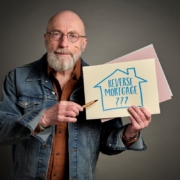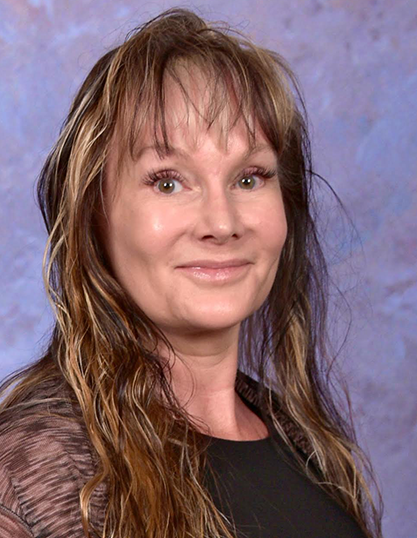Who is the Ideal Candidate for a Reverse Mortgage?
One way many seniors are able to boost their retirement income is through reverse mortgages. If you own your home, you can use its equity to elevate your quality of life. This guide will review how, along with reverse mortgage eligibility requirements.
What is a Reverse Mortgage?
There are plenty of misconceptions about reverse mortgages floating around. In the simplest terms, a reverse mortgage is a loan that you can use to generate tax-free income using the value of your home.
You aren’t required to make any payments, but you have the freedom to pay back what you’ve borrowed whenever you choose, or you must pay the lender their share of the equity in your home when it’s sold. The primary reason people apply for reverse mortgages is to receive supplemental income during retirement to help pay for bills, medical care, upgrading the home and other expenses. Others want to invest, or help their children purchase their own home or simply free up some liquidity to travel and add enjoyment to their life. Additionally, the funds you receive from a reverse mortgage are tax-free, so you won’t need to worry about how they affect your income on your tax return or if it will claw-back any government pensions.
The Advantages and Drawbacks of Reverse Mortgages
When considering whether a reverse mortgage is suitable for you, the following advantages and drawbacks can help you make an informed choice:
Pros
- There aren’t any income or credit requirements to be approved for a reverse mortgage.
- A reverse mortgage is federal government stress-test exempt
- You don’t give up ownership of your home and will never owe more on it than it’s worth.
- It’s easier to obtain a reverse mortgage than it is to be approved for a conventional mortgage.
- You can choose a lump sum payment or treat a reverse mortgage like an annuity that pays out regularly; you can also choose to treat it like a line of credit and withdraw funds as required
Cons
- Reverse mortgages have slightly higher average interest rates than traditional mortgages.
- There are slightly more closing costs and fees associated with reverse mortgages.
- Your mortgage balance is accruing, unless you choose to make interest payments
- You can choose when you prefer to make payments on the loan, which means interest accumulates quickly should you decide to go for an extended period without paying the loan down.
Am I Eligible for a Reverse Mortgage?
Unlike a regular mortgage, lenders will look at different factors when determining if a candidate is right for this type of loan. Reverse mortgage eligibility requirements include the following:
- You and your partner must be at least 55 years old, and the amount you can borrow will vary depending on your age, location and property type.
- You must own your home and your current mortgage balance must fall under the maximum that you qualify to borrow from the lender
- You can only obtain a reverse mortgage on your primary residence, meaning you must live in your home for more than six months each year.
When determining who is eligible for a reverse mortgage, lenders don’t consider credit history or income, but they will want to appraise your home. You may need to pay what is referred to as conveyance fees. These are similar to closing costs on a traditional loan and are normally deducted from your first payment.
How to Apply for a Reverse Mortgage
You should always do your homework before you consider any type of loan. This is why it’s a good idea to allow a senior specialist mortgage broker to help you through the process. Someone who has experience with these types of loans can answer all of your questions and ease any concerns you may have when determining whether a reverse mortgage is a good option for you.
Contact Seniors’ Lending Centre today and we can help you get started. We’ll assist you in deciding if a reverse mortgage is the right way forward, help you work with your lender and guide you throughout the entire process.




